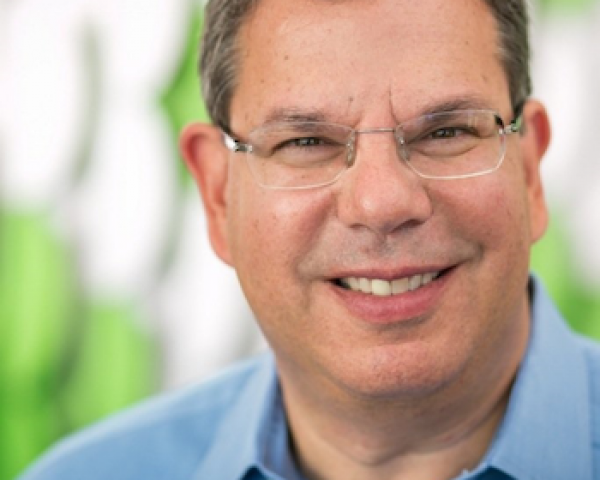For millennia, humans have struggled to survive and thrive on a sometimes deadly planet. Earthquakes, plagues, crop failures, floods, fires all periodically wipe out enormous numbers of lives. In the late 20th century, the combination of prosperity, the end of the Cold War and dramatic advances in science and technology bred a widespread arrogance that we were at the “end of history” -- that the combination of the moment’s geopolitical status quo and continuing advances meant we had reached an end state, immune to both humanity’s and nature’s volatility.
This was clearly the height of arrogance. The pandemic and the return of deeply challenging geopolitical rivalries have already destroyed the complacency born of this arrogance. The growing global concern about the impact of climate change is another example of a tectonic shift in gestalt.
In our four years at Jupiter, we’ve witnessed significant changes in thinking about climate change. When we started the company, almost no large companies on the planet were thinking about the impact of climate change on their businesses =- and a few still openly questioned whether climate change was occurring. Today, nearly every large company on the planet is at least thinking about the impact of climate change on their business, a few are taking meaningful action and questioning the existence of climate change is almost as humiliating in the business community as endorsing the violent occupation of the U.S. Capitol.
And yet, the widespread power outages in Texas and the erosion of grid reliability in California are dramatic examples that an enormous amount of very hard work remains to be done. Jupiter works with power companies all over the planet on issues like how much risks have already changed -- and how soon critical thresholds will be exceeded. We work across the global economy in insurance, banking, asset management, real estate, power, vaccine production, minerals and mining, chemicals, emergency management, national security, big cities and, yes, even oil and gas. Our customers are in places as wide-ranging as Texas, Florida, the Netherlands, Tokyo, China and Australia. I know with total certainty the world is grossly unprepared for the changes that have already occurred and are on the near horizon. Recently, a senior executive at one of the world’s largest companies said, “We get hit with billion-dollar-plus impacts, rebuild looking backward, ignoring the science, and get hit again. It’s just crazy.”
In many ways, Texas is the epicenter. Three years ago, Houston was hit by Hurricane Harvey, shutting down the region. What are less well-known are the multiple toxic chemical spills caused by the flooding, which simultaneously breached flood protection and caused loss of power for other containment. The U.S. Chemical Safety Board looked at this issue and concluded that companies’ investments were based on now-out-of-date planning assumptions. And, of course, it’s not just Texas; California’s power reliability is an embarrassment because of failure to adequately plan for ever-worsening risk from fire.
Now, Texans shivered in the dark because a predictable event was not planned for.
Some will choose this moment to debate what we really know about climate change or choices of renewables vs. fossil fuels. While those are important questions, they miss the larger issue. Risk is all around us -- and the world’s planning assumptions for that risk are egregiously out of date. Whether extreme cold, flood, fire or pandemic and war, risks are at levels we currently don’t plan for in our businesses, with power at the very center of this issue.
We live in a world designed for an environment that no longer exists.
It’s time to get real.






